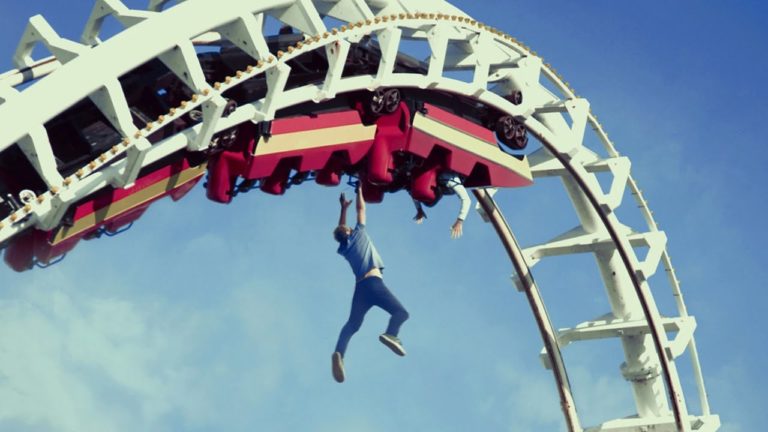Going to amusement parks with your friends and family sure sounds like a great way to spend the weekend. However, a great weekend can turn into a tragic one if the park does not take measures to prevent injuries.
Amusement parks cause thousands of injuries every year, from bruises and cuts to severe head and neck injuries, and in some cases, even death. If you or your loved one was injured on a ride, the park is liable. Contact Philadelphia, PA personal injury attorneys to deal with your personal injury claim while you focus on your injuries.
Do accidents often happen in an amusement park?
The CPSC reported that around 8800 people got injured in amusement park rides in 2006; 3600 people were injured on inflatable rides, and 3100 on public water slides. Of the total number of people injured, one-half were children between the ages of 10 to 14 years, and they sustained severe injuries.
From 1987 to 2000, around 51 people were killed on park rides, where the biggest culprits were roller coasters and whirling rides.
Common amusement park injuries:
- Head, neck, and back injuries: Such injuries emerge from the extent of the impact on bumper rides or spinning rides and roller coasters.
- Traumatic brain injury: G forces and stresses forced on the brain due to high speeds or detached objects hitting the head can cause traumatic brain injury.
- Brain aneurysms: Rides like roller coasters increase blood pressure and heart rate due to fast speeds. Such conditions can lead to brain aneurysms.
- Stroke: Sudden, highly fast movements on the rides can result in whiplash, or other neck injuries can result in trauma to the ligaments causing a stroke.
- Drowning: Riders can drown on water rides.
- Death: Malfunctioning of a ride or falling from a ride can result in death.
- Lacerations, broken bones, and torn ligaments.
Why do amusement park injuries occur?
Amusement park injuries usually have little to no fault of the rider, and the liability falls on the owner and manager of the park. Injuries and death mostly occur due to:
- Incorrect operation of the ride. If the operator suddenly stops the ride or latches the seat belt incorrectly, it can result in severe injuries.
- Nature of the ride. Some rides are dangerous even when there are no mechanical defects, rider misuse, or operation fault. Such rides should be excluded.
- Mechanical failure caused by the manufacturer of the ride or lack of maintenance.
- Passengers misusing the ride or not behaving according to the safety instructions.
Tips to avoid amusement park accidents:
- Follow seating orders and other instructions.
- Follow height, weight, age, and health restrictions.
- Keep small children away from the ride if you think they would not follow the rules.
- Use all the given safety equipment.
- Trust your gut feeling. If it does not seem safe, do not ride.


Comments are closed.